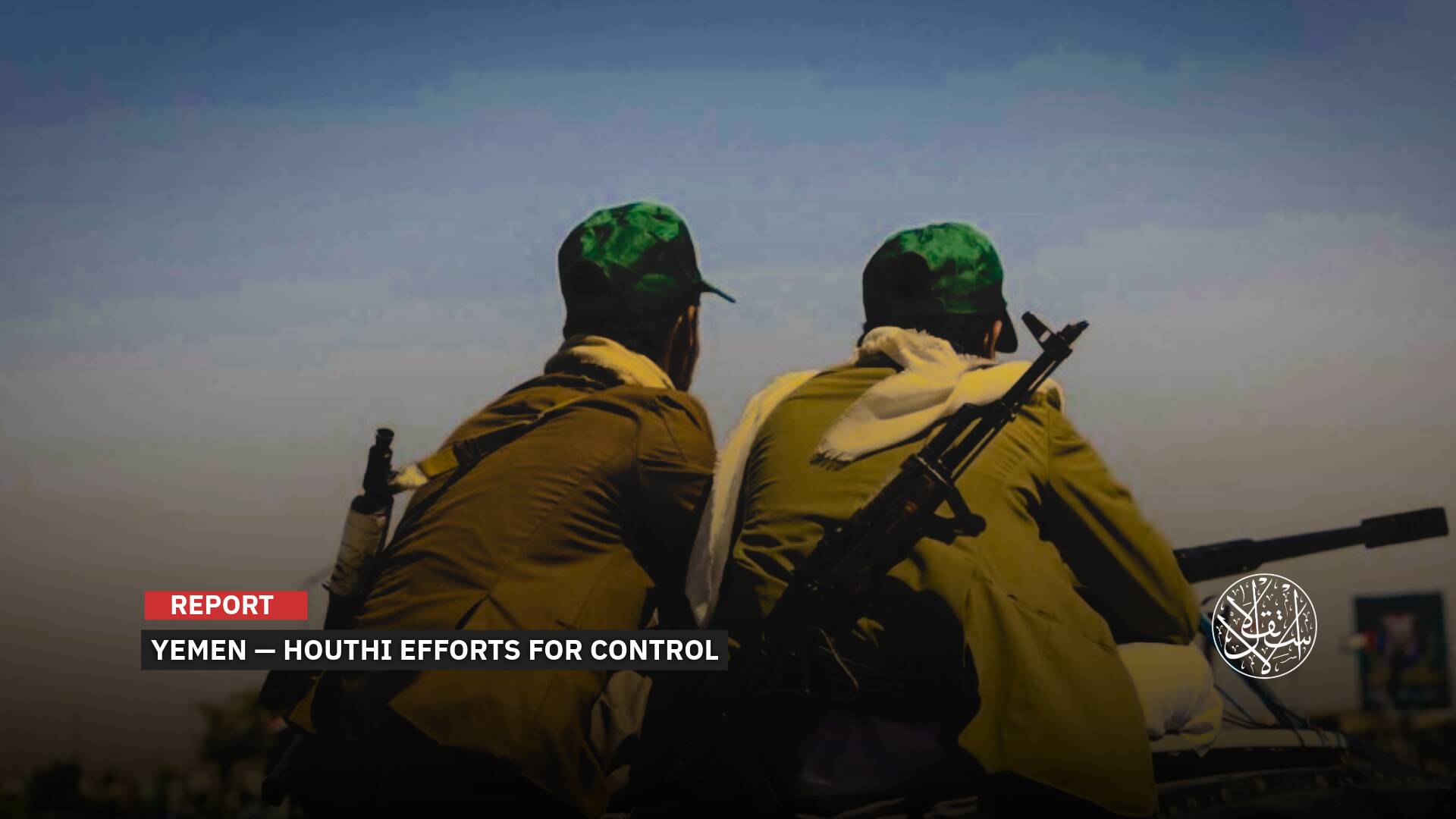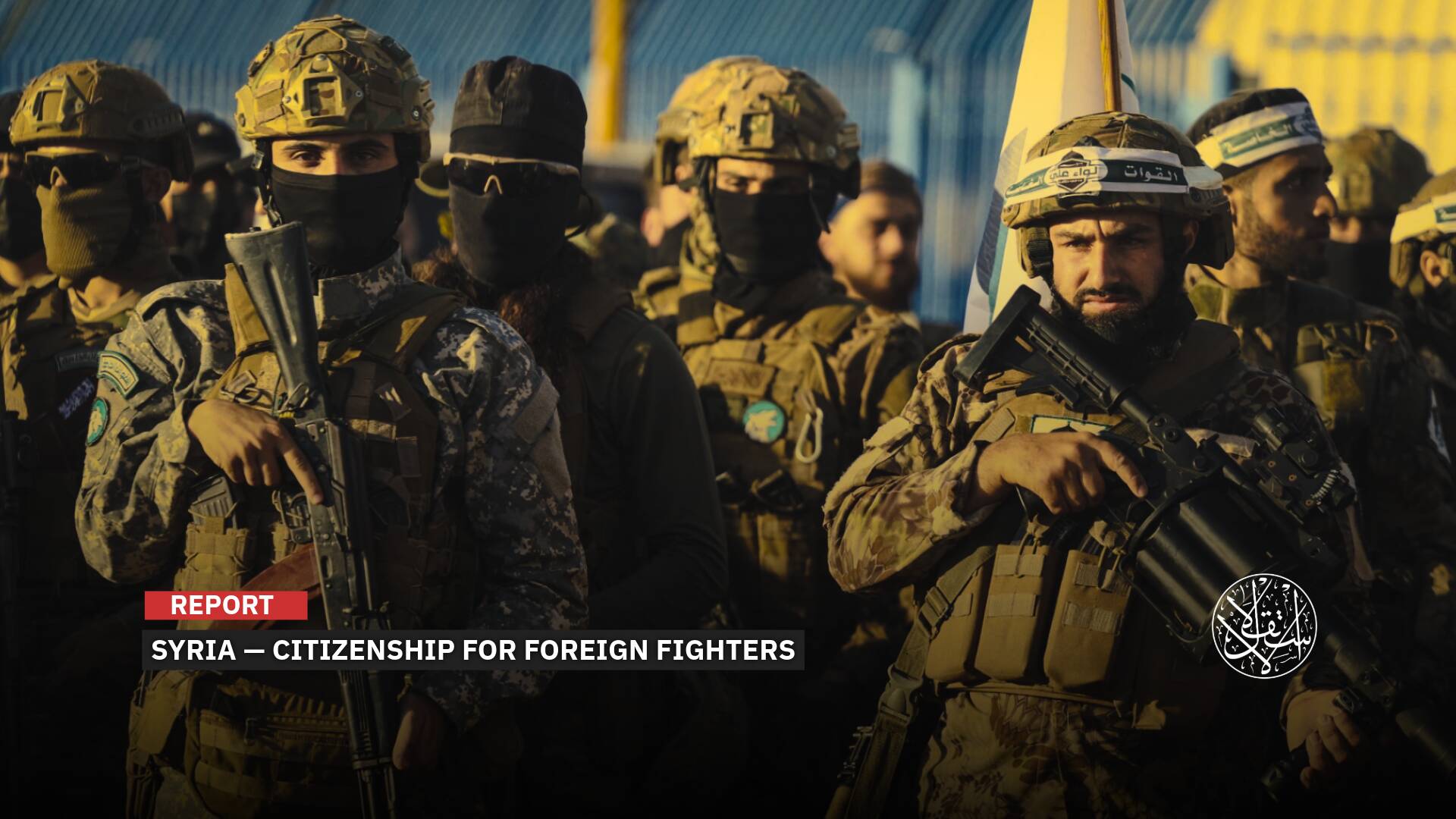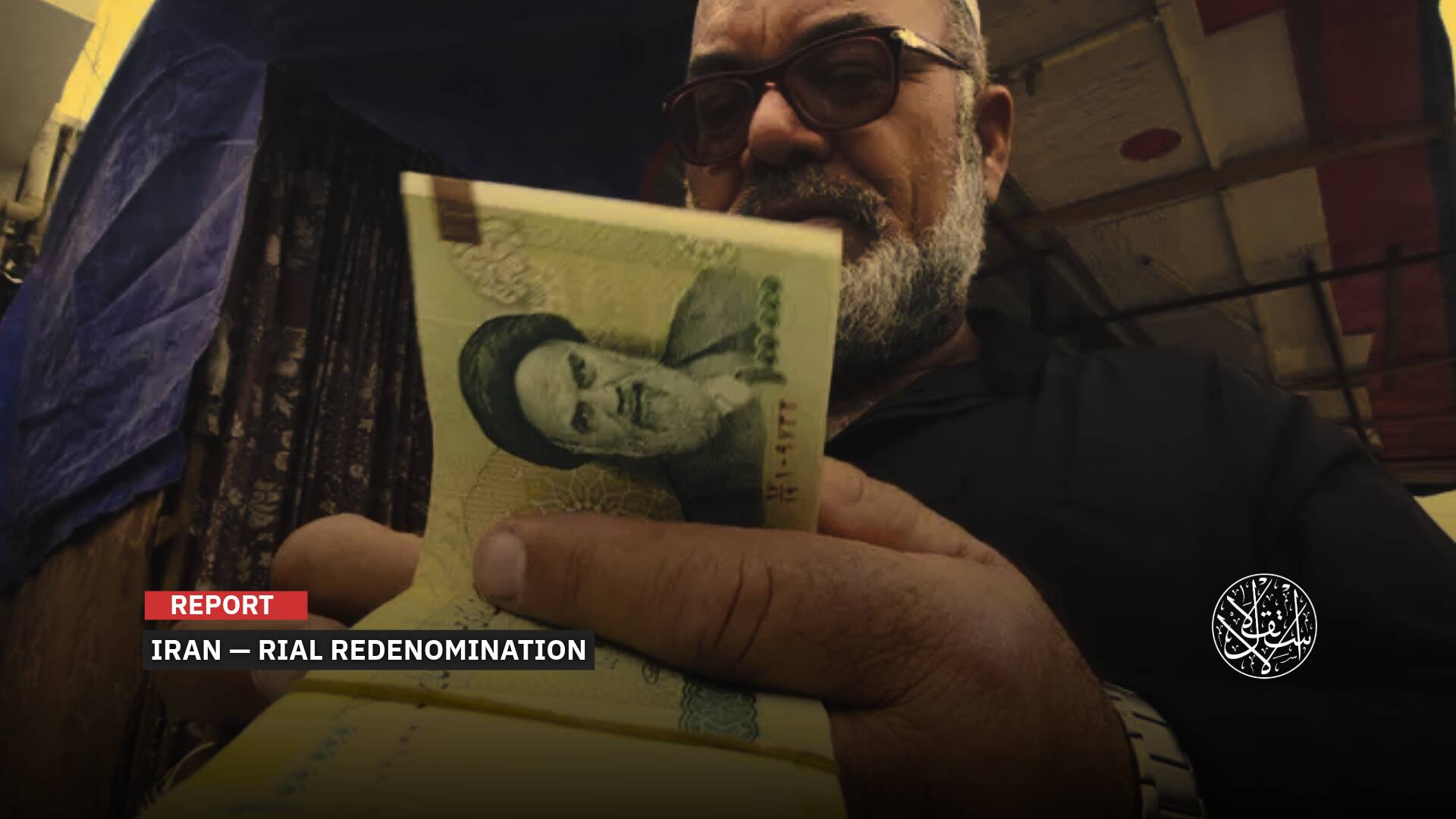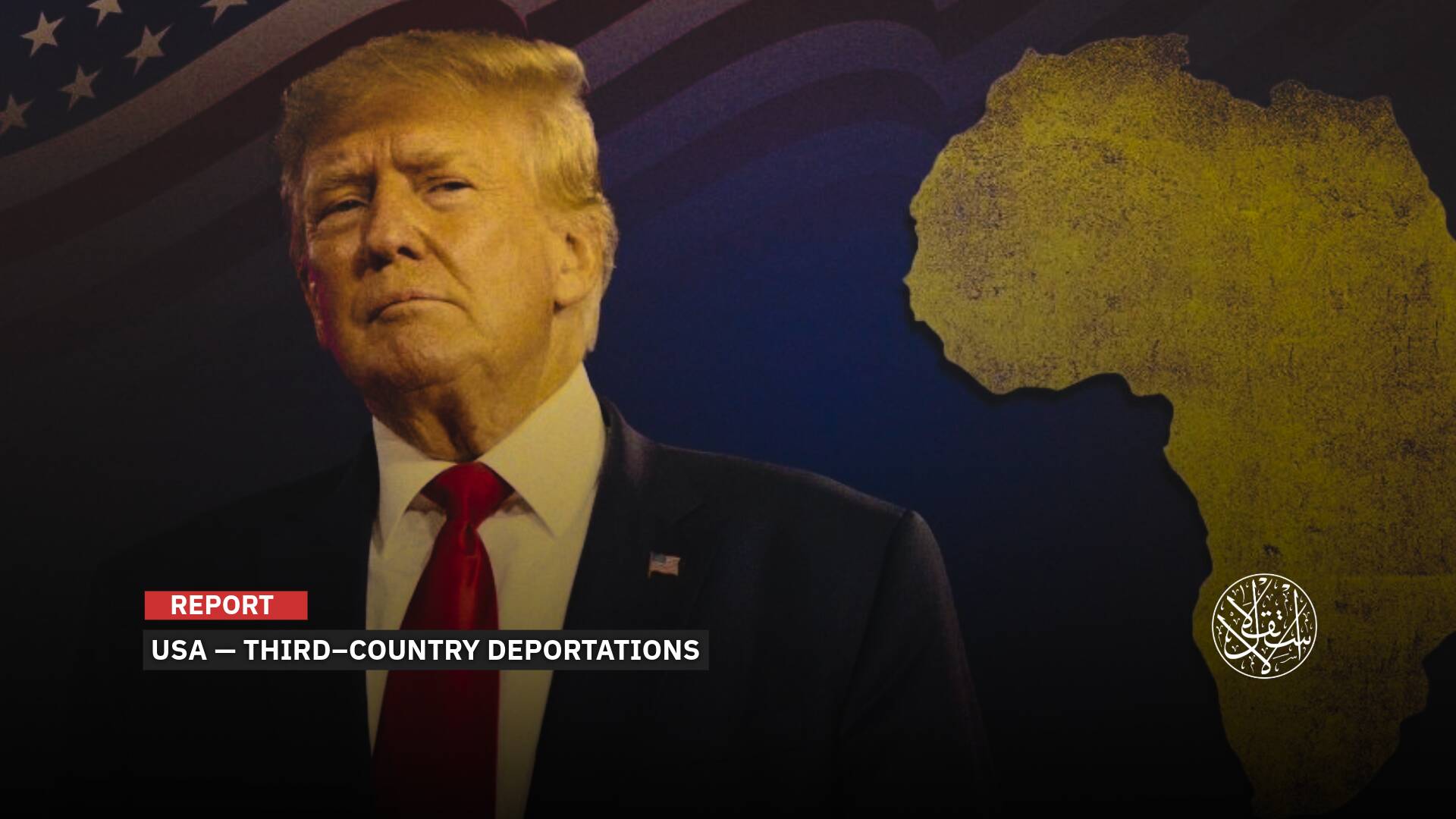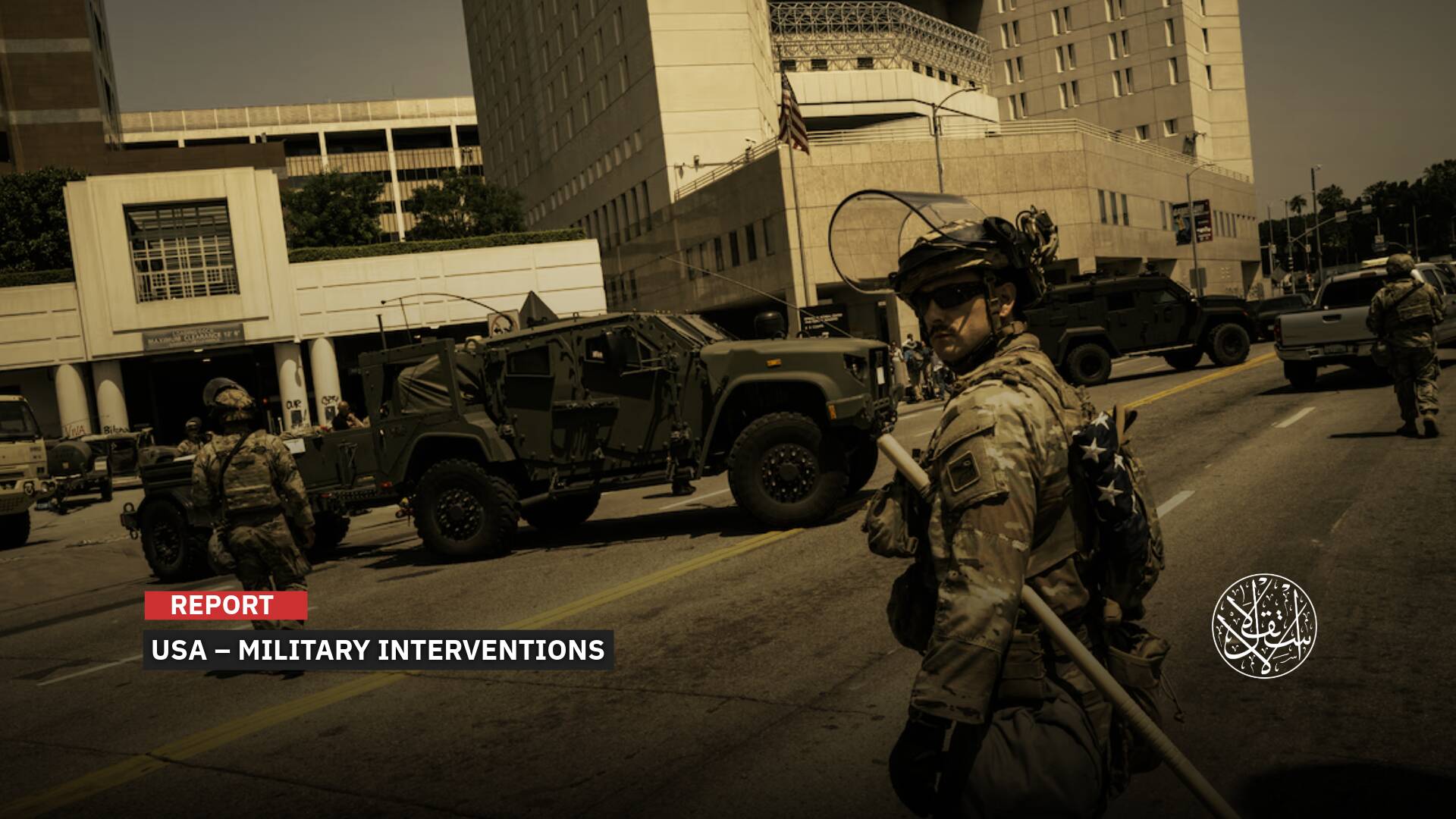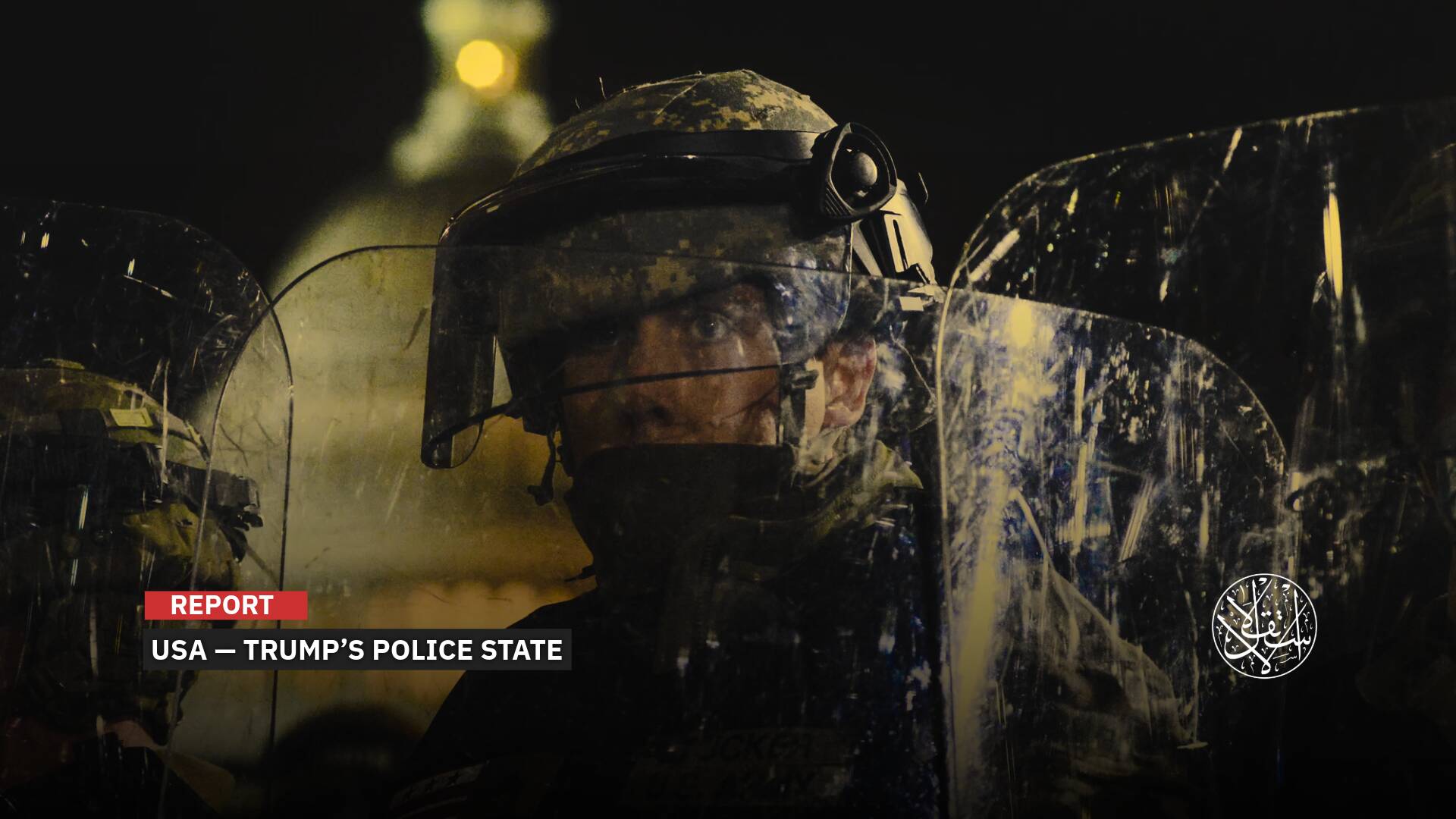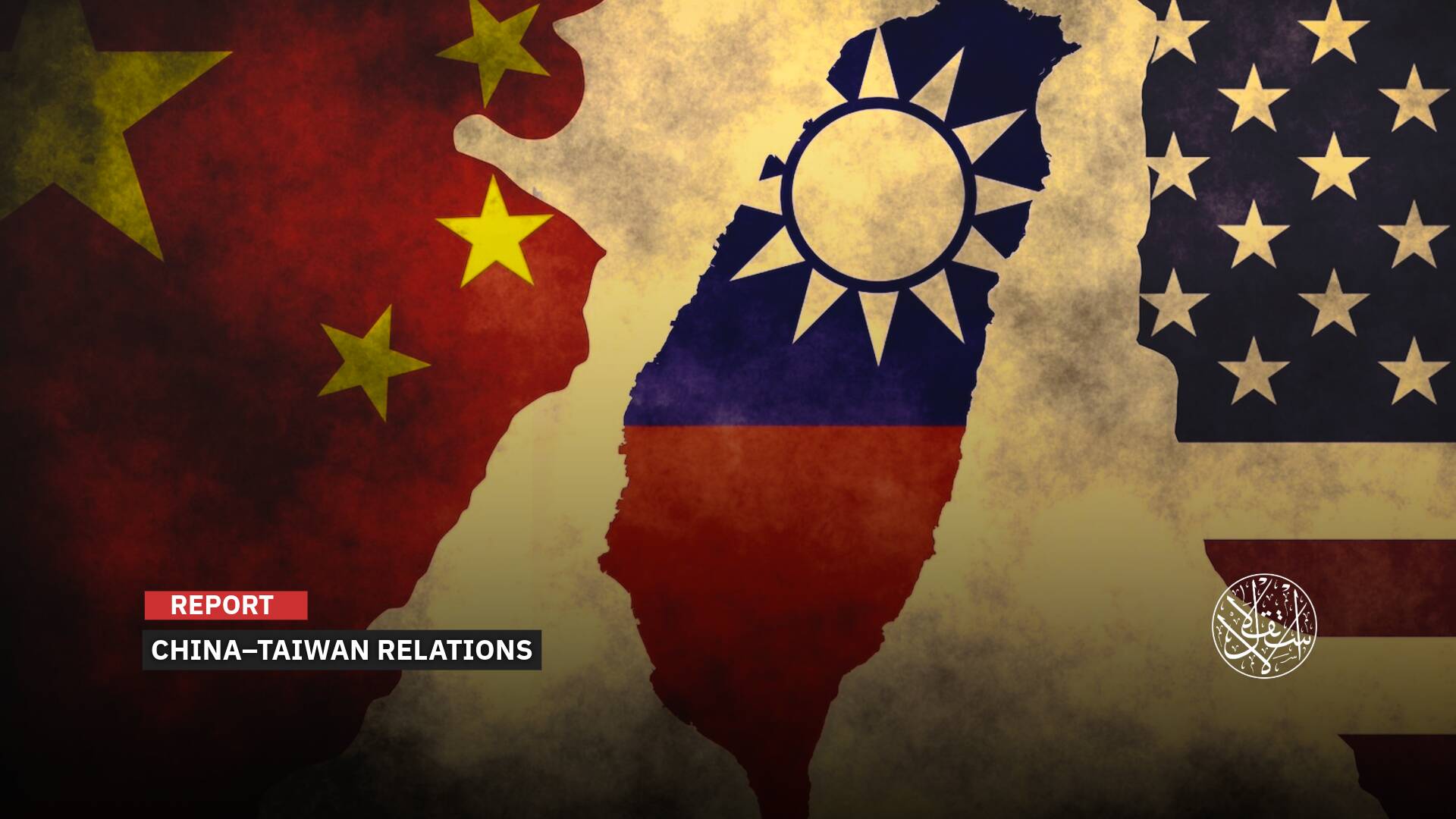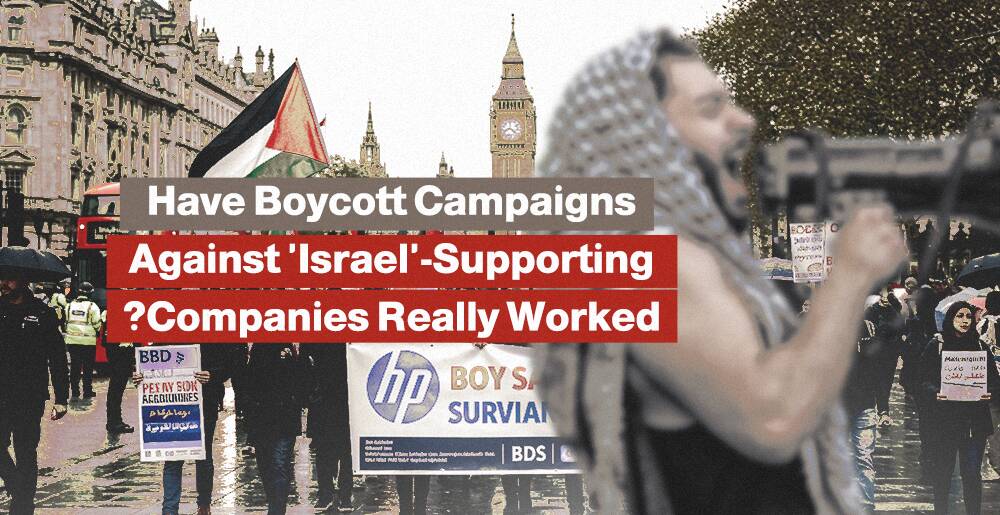A Russian Mercenary Deal in Mali; How Does the Wagner Group Expand in Africa?

The Russian Wagner Group’s influence in Africa has become increasingly noticeable in almost all African countries. As a result, the company members are now deployed in many African countries, typically in Libya, the Central African Republic, Sudan, and Mozambique.
Moreover, a new deal between Mali and the Russian Mercenary seems to be settled soon amid Moscow's new policy based on "hybrid warfare" in areas of conflict and tension.
French ministers alerted Mali on Tuesday against settling a deal with Russian private security group Wagner amid claims that Mali's military junta is close to hiring 1,000 mercenaries from the company.
On 13 September Reuters reported seven diplomatic and security sources saying that: “A deal is close that would allow Russian mercenaries into Mali, extending Russian influence over security affairs in West Africa and triggering opposition from former colonial power France, seven diplomatic and security sources said.”
According to Reuters, more than 1,000 members from the Russian group Wagner may soon come to train Malian army soldiers. They will ensure the protection of the senior officials.
Mali's defense ministry spokesperson said: "Public opinion in Mali agrees with more cooperation with Russia amid the current security situation. But no decision (on the nature of that cooperation) has been made."

Mali-Wagner Deal
France24 announced that “While France will reduce its military presence in Mali, the Malian authorities started the process of signing an agreement with Wagner. Mali confirms the discussion but not the deal.
The Malian Ministry of Defense admitted Tuesday, September 14, to conduct talks with this private military company, while insisting that "at this stage, nothing has been signed”.
According to the France24 website, "the Wagner group has been established for several years". "Officially, Moscow has deployed Russian instructors in the country since 2018 to train the national army but behind it is the private mercenary company that operates, according to United Nations experts."
It added, “A UN group of experts was warned in March of the recruitment by the government of the Central African Republic of foreign private military and security companies, operating alongside government forces and accused of multiple abuses.”

Serving Russian Interest
Ahmed Farid Moulana, researcher in the Egyptian Center for Studies, published a study entitled “The Russian Wagner Company: Origin, Role and Influence.” The study pointed out that “The group has become more prominent in Libya since 2019, through the military coup launched by Haftar against the Libyan capital, Tripoli, with the support of these militias. Then it became famous with the participation of its elements in fighting, training and guarding in several countries such as Central Africa and Sudan.”
According to the expert in political science and international relations Zouhair Attouf “financing of Wagner provided several advantages for Russia, as it had a mercenary force under its control without the need to pay the costs of its work.”
He added “Russia also used Wagner in Africa to achieve its goals without being responsible about the consequences of the company's actions. Because it denies any direct link between the mercenaries and the official position of the country. The Wagners are presented as volunteers who have nothing to do with the state.”
Wagner Regional Impact
Bloomberg agency, said the Russian mercenaries have been deployed in several countries, including Sudan, Central African Republic, Libya, Zimbabwe, Angola, Madagascar, Guinea, Guinea Bissau, Mozambique, and possibly the Democratic Republic of Congo.
In fact, the group is involved in the conflicts by training armies, mining, and cybersecurity activities.

The most important African countries in which the Wagner company is active, within the framework of Russia's geostrategic vision to extend its influence in the brown continent, are:
• Libya
Wagner's mercenaries are deployed in the governorates of Sirte (east of Tripoli) and Al-Jafra (southeast of Tripoli), and are stationed at Al-Qardabiya air base and its sea port, in addition to Al-Jufra air base in central Libya.
Zouhair Attouf explained “Wagner will seek to prepare the ground for the Russian army to establish a naval base and two air bases in Libya, in the soft southern region of the North Atlantic Treaty Organization (NATO).”
• Central Africa
Since 2018, hundreds of Russian soldiers and Wagner elements (about 450) have been present in the Central African Republic under the name "military trainer", but the "Africa Report" website estimated their number at more than a thousand.
The website explained that “Wagner ensures the security of various institutions, and plays a leading role in training the presidential guard and the army.”
Attouf added “Wagner's elements also protect gold and diamond mines, and receive a percentage of the proceeds, as most of these mines are located in the northeast of the country.”
• Sudan
Wagner has started its activity in Sudan since 2017, under the cover of several companies, including “Mirogold” and “Umm Invest” to explore for gold, according to Sudanese and Western media.
Wagner trained personnel from the Sudanese army, as well as the Rapid Support Forces in the Darfur region.

International Rivalry
A diplomatic source said to France24 “We need to get help from our partners including the United States to convince Mali not to press ahead with the deal, we need to send senior diplomats to Moscow and Mali for talks.”
He added, “Having Russian mercenaries in Mali would strengthen Russia's push for global prestige and influence, and be part of a wider campaign to shake up long-standing power dynamics in Africa, the diplomatic sources said.”
Zouhair Attouf elucidated that “Russian private military and security companies differ from their counterparts in the United States of America and others such as “Blackwater.” While the Wagner militias engage in offensive hostilities, the American Blackwater is prohibited at -least in theory- from carrying out offensive operations. Also, the Russian Wagner operates within the directives of the Russian security services, and not according to the rules of the market in which American companies operate.”


